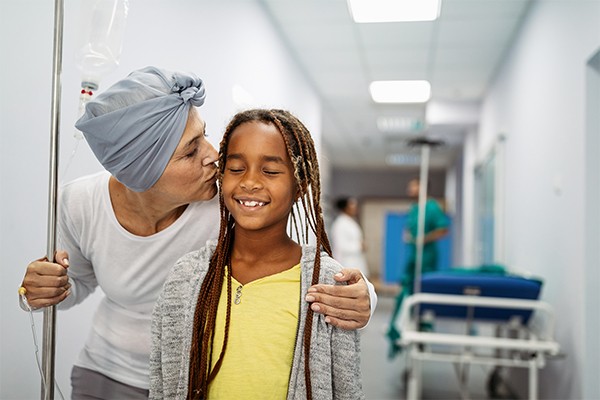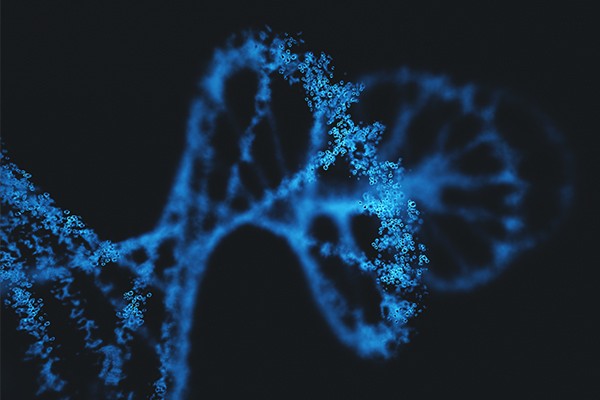Sending Jefferson Research to Space
Three of Jefferson’s collaborative research projects will become part of the upcoming Rakia space mission, the first-ever private mission to the International Space Station. Scheduled for early 2022, Rakia will include 44 research projects to help scientists explore topics including the effects of low-gravity and space travel on the human body.
“The Rakia mission selected all three of the projects submitted by Jefferson and its institutional collaborators—Sheba Medical Center, the Ramon Foundation and the Israeli Space Agency at the Ministry of Science and Technology,” explains Zvi Grunwald, MD, James D. Wentzler Professor of Anesthesiology and executive director of the Jefferson Israel Center, who helped foster the projects.
“These projects represent a great opportunity to learn about how life in space affects human health,” says Mark L. Tykocinski, MD, President, Thomas Jefferson University and Anthony F. and Gertrude M. DePalma Dean of Sidney Kimmel Medical College. “More broadly, they reflect the innovation ethos that animates so many of our researchers—as well as the success of Jefferson’s expanding global engagement.”
One project, led by Paul Chung, MD, assistant professor of urology, will look at how low gravity and the space station environment might change an astronaut’s urinary microbiome. “Urinary-tract infection and urinary retention can be serious problems on space missions,” says Dr. Chung. “Our project will assess the microbes in the urine before, during and after the space mission, to see how those microbes—both the good and the bad ones—change.”
The project will have astronauts collect urine samples throughout the mission, and bring back samples for microbial analysis by next gen sequencing. Collaborators also include Javad Parvizi, MD, clinical research professor and vice chair of orthopedic surgery, and researchers from Texas Tech University and Queen’s University.
The laboratory of professor of neurology George Brainard, PhD is collaborating on a second project: This will monitor stress and sleep while testing stress interventions in novice space travelers. “For many years, our lab has been looking at how light can affect the human body, on earth and in space. In fact, in earlier work, our lab built a full-sized replica of ISS crew quarters to study the effects of novel NASA light modules on sleep and the circadian system,” says John Hanifin, PhD, assistant professor of neurology, who is leading the Brainard lab’s contribution to this Rakia project.
The study will investigate how the stress of a space mission affects the human body, using visual, auditory and behavioral tests and electronic fit-bit-like wearables linked to mobile applications on Earth. As needed, the technology could help astronauts receive support from the ground.
In the third project, Adam Dicker, MD, professor and chair of radiation oncology, and colleagues, are collaborating on a study of the effects of space travel on immune dysfunction. Most astronauts suffer from changes in their immune system, including heightened immune reactions to reactivation of viruses that normally lay dormant in the body. The group aims to analyze the baseline immune state of astronauts using a sophisticated molecular analysis of more than 1,000 proteins from pre- and post-flight blood samples.


